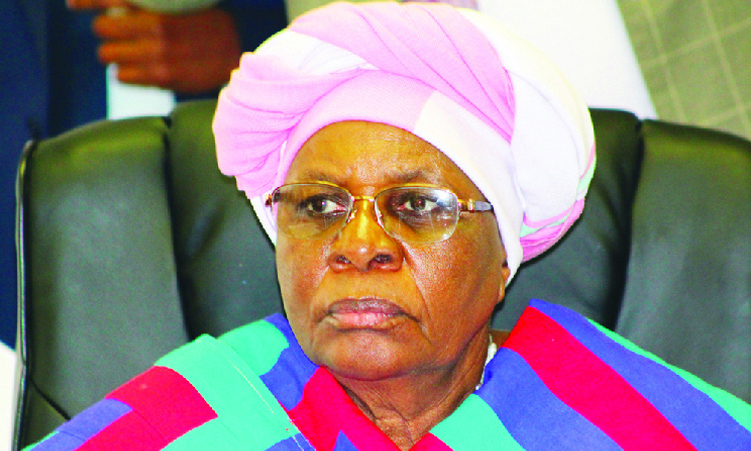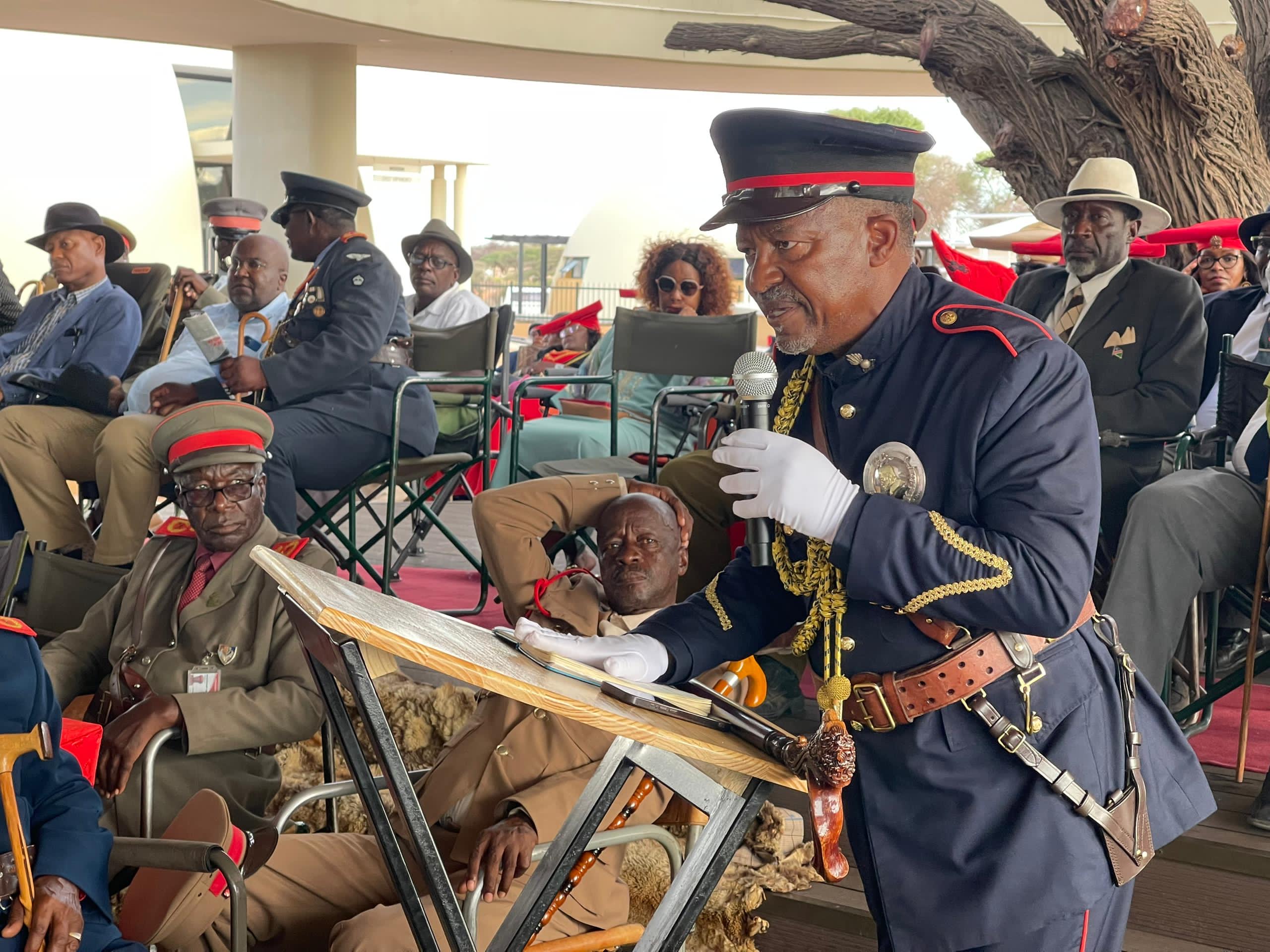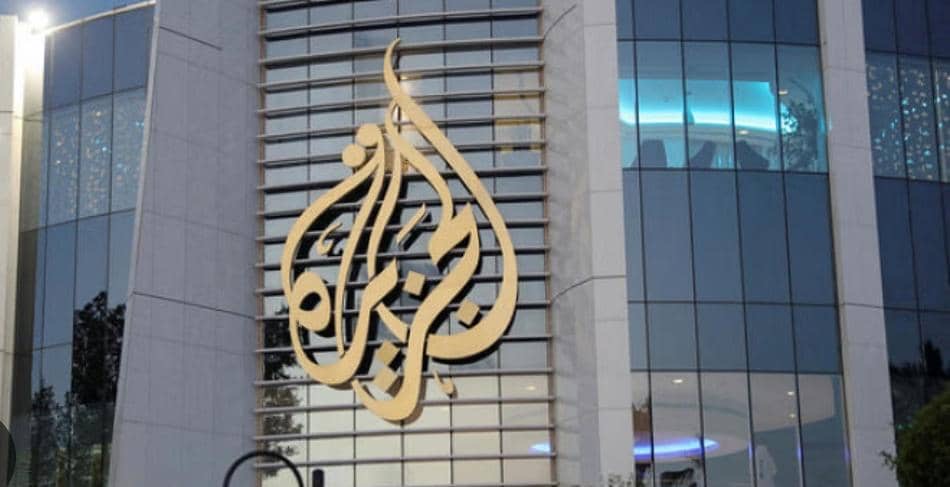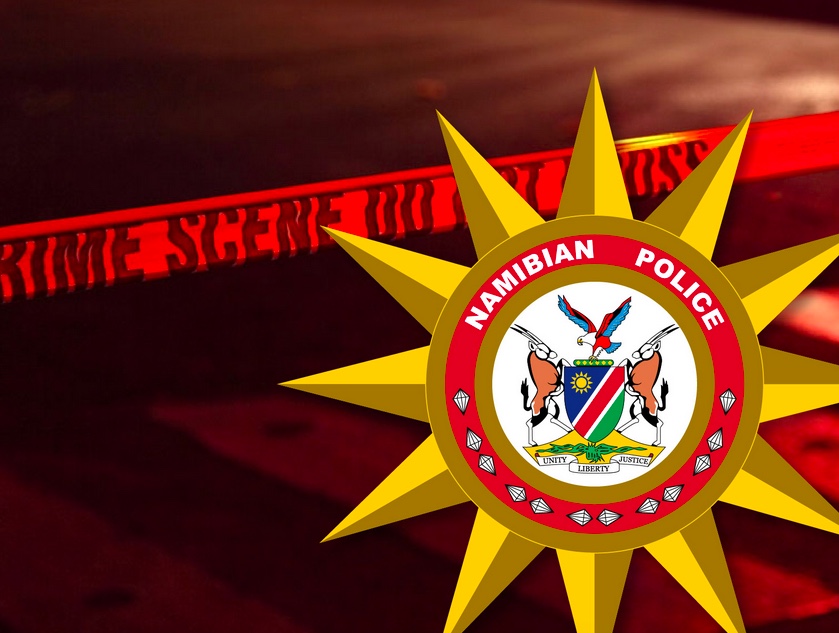The Tukwatha Youth Organisation has officially endorsed Netumbo Nandi-Ndaitwah as presidential candidate.
Speaking during the Future of Education in Africa Conference at A Shipena High School in Windhoek last week, president of the organisation Hendrina Kudhingililwa said Namibia’s next president should prioritise youth matters.
“Given how her vision aligns seamlessly with the goals of Tukwatha Youth Organisation, it is with great enthusiasm that I, along with the entire Namibian representative body of Tukwatha Youth Organisation, officially endorse Netumbo Nandi-Ndaitwah as presidential candidate,” Kudhingililwa said.
She described Nandi-Ndaitwah as a leader that is “invested in the future of young people”.
She said she envisions a Namibia where young people lead in technology and shape the future with their innovative ideas.
“This is not just a dream, it’s a vision for Namibia’s future and for the Namibian youth. With determination and collaboration between young people and the government, we can make this vision a reality in the next five to 15 years,” she said.
Kudhingililwa emphasised that the youth are not merely participants in this vision, but are leading the way, driving innovation, sustainability and cultural enrichment.
“They are the heartbeat of our nation, shaping a future that is bright and full of potential.”
Speaking at the same event, Nandi-Ndaitwah, whose speech was delivered by presidential youth adviser Daisry Obal, says national education statistics depict a steady increase in pupil enrollments.
Pupils increased from 462 350 in 1992 to 839 579 in 2022. This is an increase of 81.59% over the past three decades.
“Over the same period, the number of schools increased from 1 326 to 1 966, an increase of 641 schools or an annual average increase of 21 schools per year,” Nandi-Ndaitwah says in her speech.
She notes that the number of teaching staff also increased from 15 257 to 31 421, an overall increase of 105.94%.
Nandi-Ndaitwah highlights that Namibia has been ranked among the top five countries in sub-Saharan Africa for human capital development expenditure.
“Since the dawn of our independence, the Namibian government has prioritised investments into the sectors of education and health… The government allocates on average 25% of public expenditure towards the education sector,” she says.
Furthermore, the introduction of the Universal Primary Education and Universal Secondary Education in 2013 and 2016, respectively, added a significant boost to enabling the attainment of education for all.
Nandi-Ndaitwah emphasises that the Namibian government expanded tertiary education by establishing campuses for specialised training at universities countrywide, including the School of Medicine, School of Engineering, and Wildlife and Tourism.
“Namibia’s tertiary education gross enrollment rate of 16.2% remains almost double the sub-Saharan Africa prudential threshold of 8.2%,” she says.
According to the vice president, youth development, inclusion and empowerment at all levels of society are not only a moral imperative, but crucial to the country’s sustainable development agenda.
The current initiatives being undertaken by the government and the private sector include career development programmes to support the youth to acquire much needed knowledge and on-the-job skills, as well as experience for today’s job market and the emerging oil, gas and green hydrogen industries, she says.
“This includes the rollout of a public-private national internship and apprenticeship programme, and job placements through the Namibia Integrated Employment Information System, as well as support for young entrepreneurs who are ready to turn their innovative ideas into successful ventures,” Nandi-Ndaitwah adds.
Stay informed with The Namibian – your source for credible journalism. Get in-depth reporting and opinions for
only N$85 a month. Invest in journalism, invest in democracy –
Subscribe Now!








